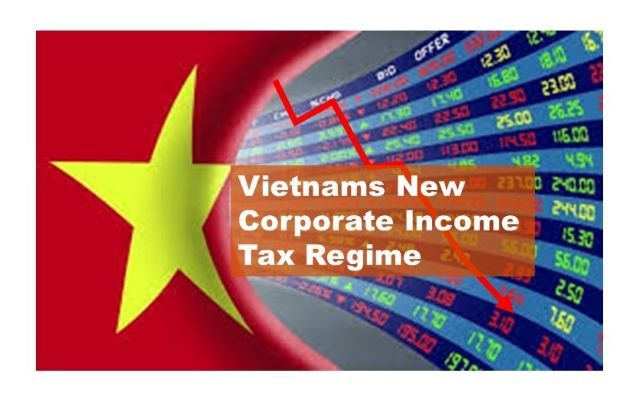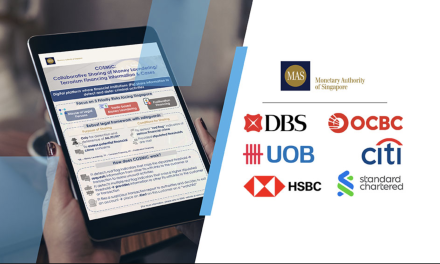Decree 126 / ND-CP submitted by the Ministry of Finance and issued by the Government, effective on December 5, guiding the implementation of the Law on Tax Administration has recently become a controversial topic.
Specifically, Article 8 of Decree 126 stipulates that the total corporate income tax temporarily paid for the first three quarters of the year must not be lower than 75% of the annual income tax amount. If taxpayers make underpayments compared to the tax amount to be temporarily paid for the first three quarters of the year, interests for late payment shall be calculated on the underpaid tax amount.
This regulation has put hundreds of thousands of businesses at risk of tax penalties if by the end of the third quarter they cannot accurately estimate the amount of revenue in the fourth quarter. There are unforeseen changes in the economy every day that affect revenue and profit of businesses. The exact determination of the fourth quarter’s revenue is no different from a hard quiz, and if the forecast is wrong, tax penalties will be imposed.
Taxes have to be paid in full even though revenue is unknown
This regulation is believed to discourage production and business activities. In the first 3 quarters, enterprises have to temporarily pay 75% of the corporate income tax for the whole year. In the fourth quarter, if they have better business results than the previous quarter, they will face the risk of late payment penalty, which reduces the motivation for business development.
According to the old regulations, Decree 91/2014, enterprises do not need to declare provisional income tax quarterly, but still have to temporarily pay taxes based on the previous year’s tax amount and expected business results.
Expressing his view on this new regulation, accounting expert – Mr. Phan Le Thanh Long, Director of the Australian Institute of Chartered Accountants and Management, said that this year the world has had to deal with the Covid-19 pandemics, so most businesses suffered from losses. Therefore, businesses cannot temporarily pay any corporate income tax. However, in the fourth quarter, the economy has recovered and consumption demand has increased, businesses have enjoyed profit, leading to corporate income tax payable.
“According to this new regulation, 75% of the corporate income tax payable for 2020 suddenly becomes late. For construction companies, revenue is often accounted in the fourth quarter finalization. So, construction businesses will be subject to a very high tax penalty for late payment” Mr. Long said.
Regarding this new method of tax calculation, the General Department of Taxation explained that since the implementation of Decree No. 91/2014, many businesses have not complied with and taken advantage of this late payment regulation to not make a quarterly tax payment”.
“Most businesses have annual production and business plans, and will be completely active in determining or estimating the results of production and business activities for the whole year. Unusual increase in production and business in the fourth quarter that enterprises did not anticipate is not a common case” said the General Department of Taxation.
Economist Ngo Tri Long said that this new tax administration regulation exhausts enterprises and goes against the policies of the Government and Ministries that are trying their best to help businesses to survive the Covid-19 pandemic. Mr. Long said that it is necessary to amend this regulation.
Writer: Alice Hoang Thao – VietnamCredit



























